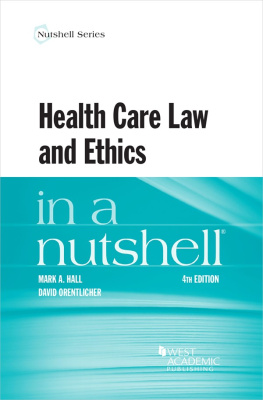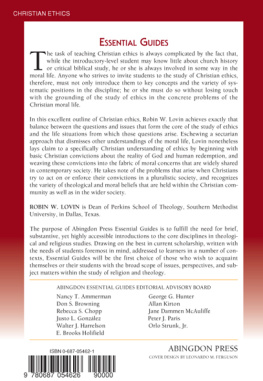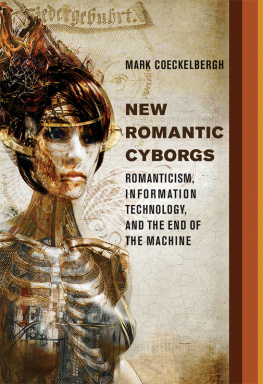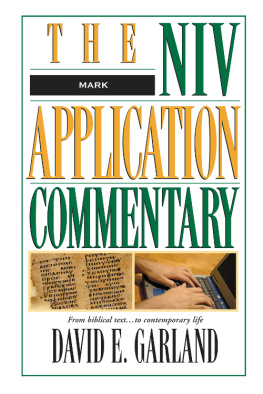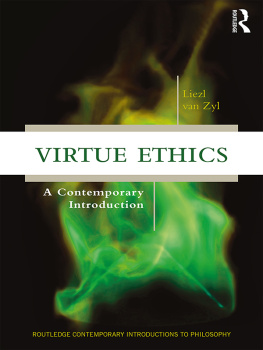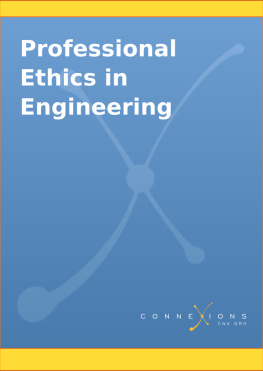Mark Coeckelbergh - AI Ethics
Here you can read online Mark Coeckelbergh - AI Ethics full text of the book (entire story) in english for free. Download pdf and epub, get meaning, cover and reviews about this ebook. year: 2020, publisher: MIT Press, genre: Romance novel. Description of the work, (preface) as well as reviews are available. Best literature library LitArk.com created for fans of good reading and offers a wide selection of genres:
Romance novel
Science fiction
Adventure
Detective
Science
History
Home and family
Prose
Art
Politics
Computer
Non-fiction
Religion
Business
Children
Humor
Choose a favorite category and find really read worthwhile books. Enjoy immersion in the world of imagination, feel the emotions of the characters or learn something new for yourself, make an fascinating discovery.

- Book:AI Ethics
- Author:
- Publisher:MIT Press
- Genre:
- Year:2020
- Rating:5 / 5
- Favourites:Add to favourites
- Your mark:
- 100
- 1
- 2
- 3
- 4
- 5
AI Ethics: summary, description and annotation
We offer to read an annotation, description, summary or preface (depends on what the author of the book "AI Ethics" wrote himself). If you haven't found the necessary information about the book — write in the comments, we will try to find it.
AI Ethics — read online for free the complete book (whole text) full work
Below is the text of the book, divided by pages. System saving the place of the last page read, allows you to conveniently read the book "AI Ethics" online for free, without having to search again every time where you left off. Put a bookmark, and you can go to the page where you finished reading at any time.
Font size:
Interval:
Bookmark:
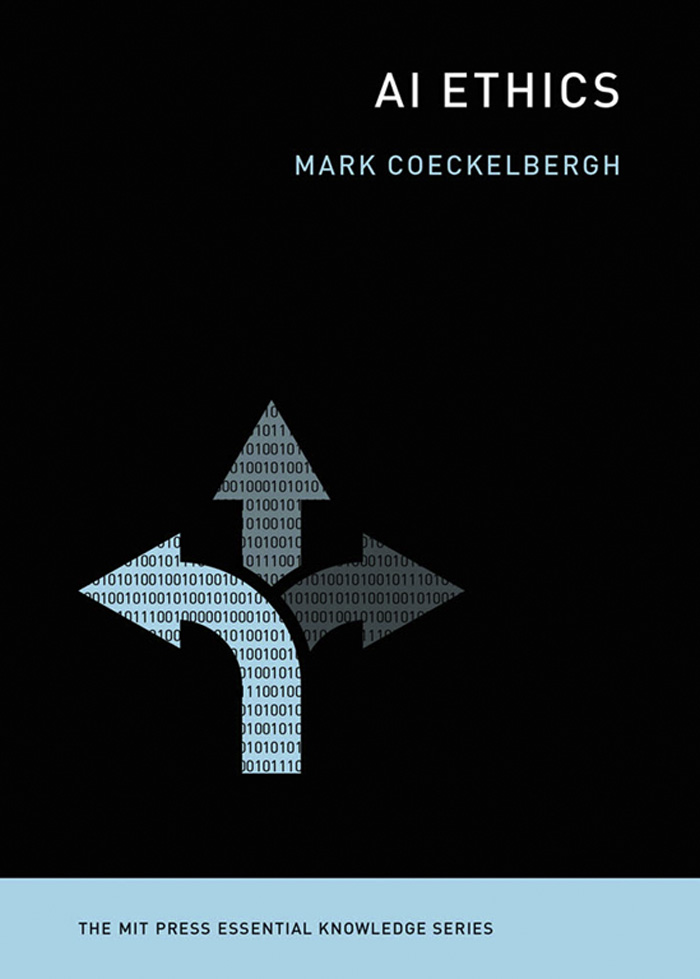
The MIT Press Essential Knowledge Series
A complete list of the titles in this series appears at the back of this book.
Mark Coeckelbergh
The MIT Press | Cambridge, Massachusetts | London, England
2020 The Massachusetts Institute of Technology
All rights reserved. No part of this book may be reproduced in any form by any electronic or mechanical means (including photocopying, recording, or information storage and retrieval) without permission in writing from the publisher.
This book was set in Chaparral Pro by Toppan Best-set Premedia Limited.
Library of Congress Cataloging-in-Publication Data
Names: Coeckelbergh, Mark, author.
Title: AI ethics / Mark Coeckelbergh.
Description: Cambridge, MA : The MIT Press, [2020] | Series: The MIT Press essential knowledge series | Includes bibliographical references and index.
Identifiers: LCCN 2019018827 | ISBN 9780262538190 (pbk. : alk. paper)
Subjects: LCSH: Artificial intelligenceMoral and ethical aspects.
Classification: LCC Q334.7 .C64 2020 | DDC 170dc23 LC record available at https://lccn.loc.gov/2019018827
10 9 8 7 6 5 4 3 2 1
d_r0
for Arno
The MIT Press Essential Knowledge series offers accessible, concise, beautifully produced pocket-size books on topics of current interest. Written by leading thinkers, the books in this series deliver expert overviews of subjects that range from the cultural and the historical to the scientific and the technical.
In todays era of instant information gratification, we have ready access to opinions, rationalizations, and superficial descriptions. Much harder to come by is the foundational knowledge that informs a principled understanding of the world. Essential Knowledge books fill that need. Synthesizing specialized subject matter for nonspecialists and engaging critical topics through fundamentals, each of these compact volumes offers readers a point of access to complex ideas.
Bruce Tidor
Professor of Biological Engineering and Computer Science
Massachusetts Institute of Technology
This book not only draws on my own work on this topic but reflects the knowledge and experience of the entire field of AI ethics. It would be impossible to list all the people I have discussed with and learned from over the past years, but the relevant and fast-growing communities I know include AI researchers such as Joanna Bryson and Luc Steels, fellow philosophers of technology such as Shannon Vallor and Luciano Floridi, academics working on responsible innovation in the Netherlands and the UK such as Bernd Stahl at De Montfort University, people I met in Vienna such as Robert Trappl, Sarah Spiekermann, and Wolfgang (Bill) Price, and my fellow members of the policy-oriented advisory bodies High-Level Expert Group on AI (European Commission) and Austrian Council on Robotics and Artificial Intelligence, for example Raja Chatila, Virginia Dignum, Jeroen van den Hoven, Sabine Kszegi, and Matthias Scheutzto name just a few. I would also like to warmly thank Zachary Storms for helping with proofreading and formatting, and Lena Starkl and Isabel Walter for support with literature search.
When the results are announced, Lee Sedols eyes swell with tears. AlphaGo, an artificial intelligence (AI) developed by Googles DeepMind, just secured a 41 victory in the game Go. It is March 2016. Two decades earlier, chess grandmaster Garry Kasparov lost to the machine Deep Blue, and now a computer program had won against eighteen-time world champion Lee Sedol in a complex game that was seen as one that only humans could play, using their intuition and strategic thinking. The computer won not by following rules given to it by programmers but by means of machine learning based on millions of past Go matches and by playing against itself. In such a case, programmers prepare the data sets and create the algorithms, but cannot know which moves the program will come up with. The AI learns by itself. After a number of unusual and surprising moves, Lee had to resign (Borowiec 2016).
An impressive achievement by the AI. But it also raises concerns. There is admiration for the beauty of the moves, but also sadness, even fear. There is the hope that even smarter AIs could help us to revolutionize health care or find solutions for all kinds of societal problems, but also the worry that machines will take over. Could machines outsmart us and control us? Is AI still a mere tool, or is it slowly but surely becoming our master? These fears remind us of the words of the AI computer HAL in Stanley Kubricks science fiction film 2001: A Space Odyssey, who in response to the human command to Open the pod bay doors answers: Im afraid I cant do that, Dave.. And if not fear, there may be a feeling of sadness or disappointment. Darwin and Freud dethroned our beliefs of exceptionalism, our feelings of superiority, and our fantasies of control; today, artificial intelligence seems to deal yet another blow to humanitys self-image. If a machine can do this, what is left for us? What are we? Are we just machines? Are we inferior machines, with too many bugs? What is to become of us? Will we become the slaves of machines? Or worse, a mere energy resource, as in the film The Matrix?
But the breakthroughs of artificial intelligence are not limited to games or the realm of science fiction. AI is already happening today and it is pervasive, often invisibly embedded in our day-to-day tools and as part of complex technological systems (Boddington 2017). Given the exponential growth of computer power, the availability of (big) data due to social media and the massive use of billons of smartphones, and fast mobile networks, AI, especially machine learning, has made significant progress. This has enabled algorithms to take over many of our activities, including planning, speech, face recognition, and decision making. AI has applications in many domains, including transport, marketing, health care, finance and insurance, security and the military, science, education, office work and personal assistance (e.g., Google Duplex), entertainment, the arts (e.g., music retrieval and composition), agriculture, and of course manufacturing.
AI is already happening today and it is pervasive, often invisibly embedded in our day-to-day tools.
AI is created and used by IT and internet companies. For example, Google has always used AI for its search engine. Facebook uses AI for targeted advertising and photo tagging. Microsoft and Apple use AI to power their digital assistants. But the application of AI is wider than the IT sector defined in a narrow sense. For example, there are many concrete plans for, and experiments with, self-driving cars. This technology is also based on AI. Drones use AI, as do autonomous weapons that can kill without human intervention. And AI has already been used in decision making in courts. In the United States, for example, the COMPAS system has been used to predict who is likely to re-offend. AI also enters domains that we generally consider to be more personal or intimate. For example, machines can now read our faces: not only to identify us, but also to read our emotions and retrieve all kinds of information.
Font size:
Interval:
Bookmark:
Similar books «AI Ethics»
Look at similar books to AI Ethics. We have selected literature similar in name and meaning in the hope of providing readers with more options to find new, interesting, not yet read works.
Discussion, reviews of the book AI Ethics and just readers' own opinions. Leave your comments, write what you think about the work, its meaning or the main characters. Specify what exactly you liked and what you didn't like, and why you think so.

